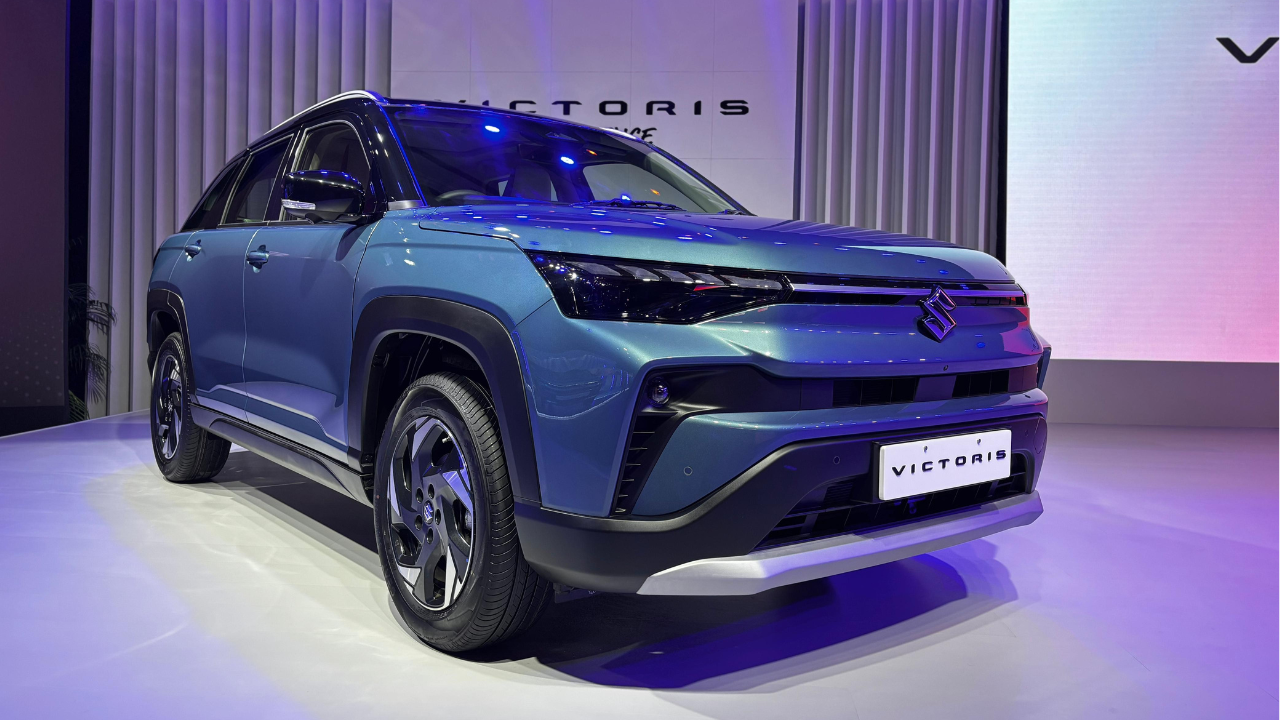 On bourses, Maruti’s performance has far outstripped the Nifty Auto index, which has risen about 11 per cent since mid-August.
On bourses, Maruti’s performance has far outstripped the Nifty Auto index, which has risen about 11 per cent since mid-August.Maruti Suzuki India catapulted into the top league of the world’s most valuable automakers, climbing to the eighth position globally by market capitalisationshowed data compiled by ETIG.
The largest unit of Japan’s Suzuki Motor has overtaken global heavyweights such as Ford Motor, General Motors and Volkswagen AG. Maruti Suzuki now commands a market cap of nearly $57.6 billion, surpassing even its Japanese parent.
The stock has rallied 25.5 per cent since August, fuelled by improved investor sentiment following the announcement of indirect tax reforms by Prime Minister Narendra Modi on Independence Day.
India’s largest carmaker, which derives more than 60 per cent of its sales volume from small cars, has been one of the biggest beneficiaries of the revamped GST regime rolled out on September 22.
Maruti’s valuation has surged past Ford ($46.3 billion), General Motors ($57.1 billion) and Volkswagen ($55.7 billion), which have either stagnated or slipped in rankings over the past month. The company’s market cap is also above that of Suzuki’s $29 billion.
Tesla continues to dominate the global auto space with a market cap of $1.47 trillion, followed by Toyota ($314 billion), BYD ($133 billion), Ferrari ($92.7 billion), BMW ($61.3 billion) and Mercedes-Benz Group ($59.8 billion). Maruti now sits just behind these global leaders at eighth rank, marking a rare instance of an Indian automaker featuring among the world’s top 10.
On bourses, Maruti’s performance has far outstripped the Nifty Auto index, which has risen about 11 per cent since mid-August. Over the same period, Maruti’s shares surged from ₹12,936 apiece on August 14 to ₹16,236 on September 25, recording one of the steepest climbs among frontline auto counters.
Brokerage data showed foreign portfolio investors have raised their exposure to Indian auto stocks in recent weeks, with Maruti being a key gainer. The company has also sustained its leadership in the domestic passenger car market, particularly in the compact and entry-level segments that form the bulk of its volumes.
Industry trackers noted that the GST reset has particularly benefited small car makers, where Maruti has a dominant share. With cascading levies reduced and affordability improving, sales volumes have rebounded, reinforcing the company’s earnings outlook.















































